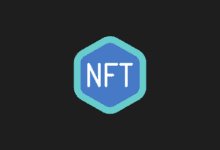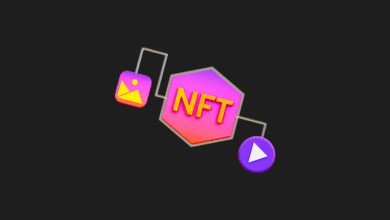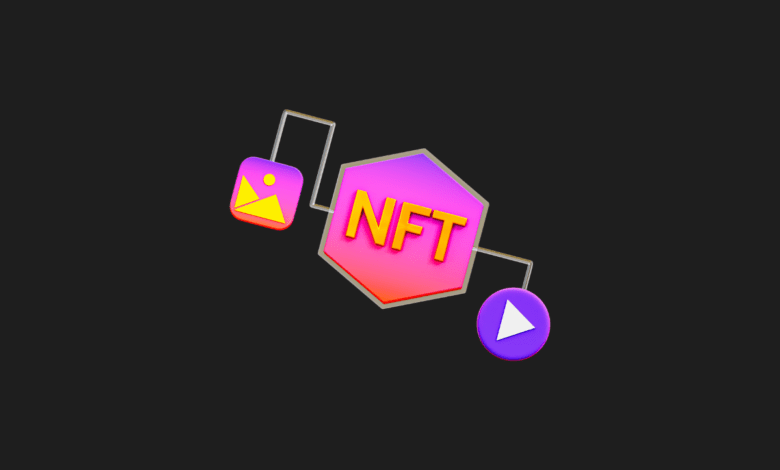
Understanding the EU Term in NFTs: A Comprehensive Guide
Non-Fungible Tokens (NFTs) have rapidly gained popularity, becoming a significant part of the digital economy. As the NFT market evolves, various terms and acronyms have emerged, some of which may seem obscure to those new to the space. One such term is “EU.” This article delves into what the EU term means in the context of NFTs, its implications, and its relevance in the broader landscape of digital assets.
What Does EU Mean in NFTs?
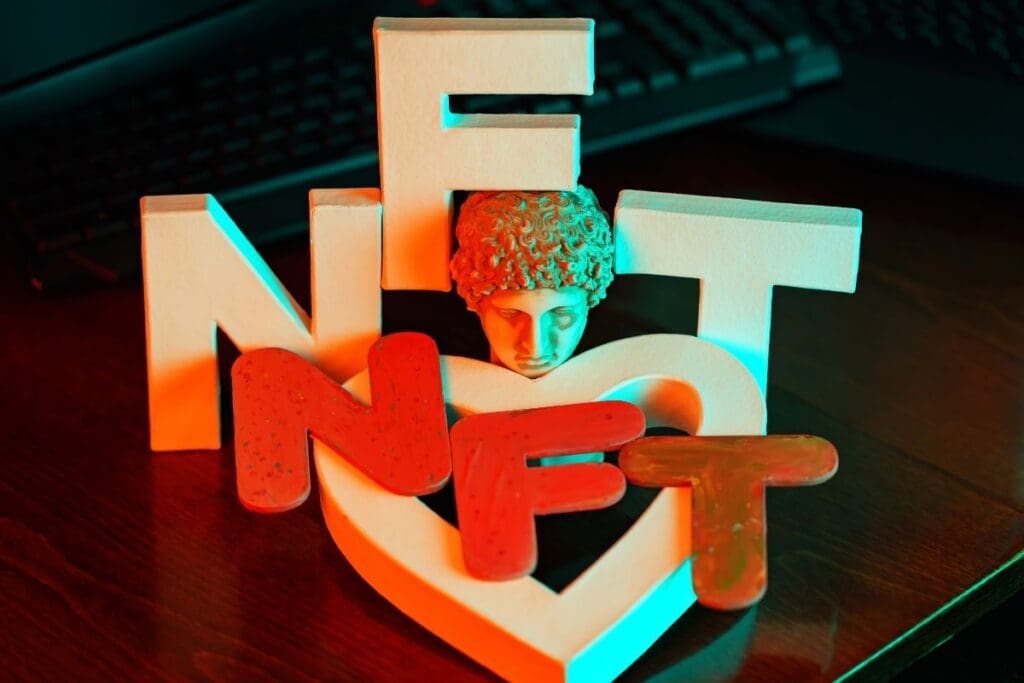
The term “EU” in the NFT world typically refers to “Exclusive Use.” It signifies that the NFT grants the holder exclusive rights to use a digital asset, often in a specific context or platform. Unlike other NFTs that might offer shared or limited rights, an NFT with EU rights ensures that only the owner can utilize the asset in the designated manner.
The Importance of Exclusive Use (EU) in NFTs
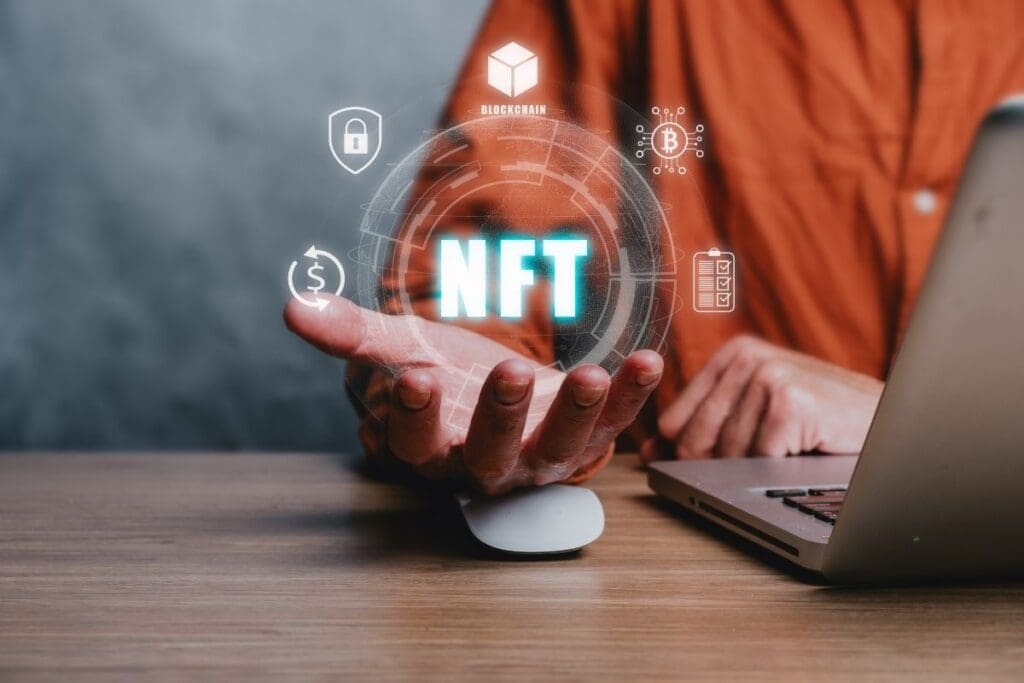
Exclusive Use is a critical concept in the NFT ecosystem for several reasons:
- Ownership and Control: EU rights provide the NFT owner with a higher degree of control over the digital asset. This control can be crucial for artists, creators, and investors who wish to maintain the uniqueness and scarcity of their digital works.
- Monetization Opportunities: NFTs with EU rights can be more valuable in the market, as they offer unique opportunities for monetization. For instance, an NFT with EU rights to a piece of digital art could allow the owner to license it for commercial use, generate income from its display, or resell it at a higher value.
- Enhanced Security: EU rights help protect the digital asset from unauthorized use, ensuring that the owner’s intellectual property is safeguarded against misuse or duplication.
- Branding and Exclusivity: For brands and businesses, owning NFTs with EU rights can be a powerful tool for maintaining exclusivity in their digital marketing strategies. It allows them to offer unique experiences or content to their audience, reinforcing brand loyalty and engagement.
How Does EU Affect the Value of NFTs?

The value of NFTs with EU rights can be significantly higher than those without such rights. This is because the exclusivity factor increases demand among collectors and investors who seek unique, one-of-a-kind digital assets. Additionally, the potential for monetization and the security that comes with EU rights make these NFTs more appealing in the marketplace.
Legal Implications of EU in NFTs

The concept of EU in NFTs also brings forth legal considerations. Ownership of an NFT with EU rights may require clear legal definitions to avoid disputes over intellectual property. As the NFT market continues to grow, it is expected that regulatory frameworks will evolve to address the complexities associated with exclusive use rights.
The Future of EU in NFTs
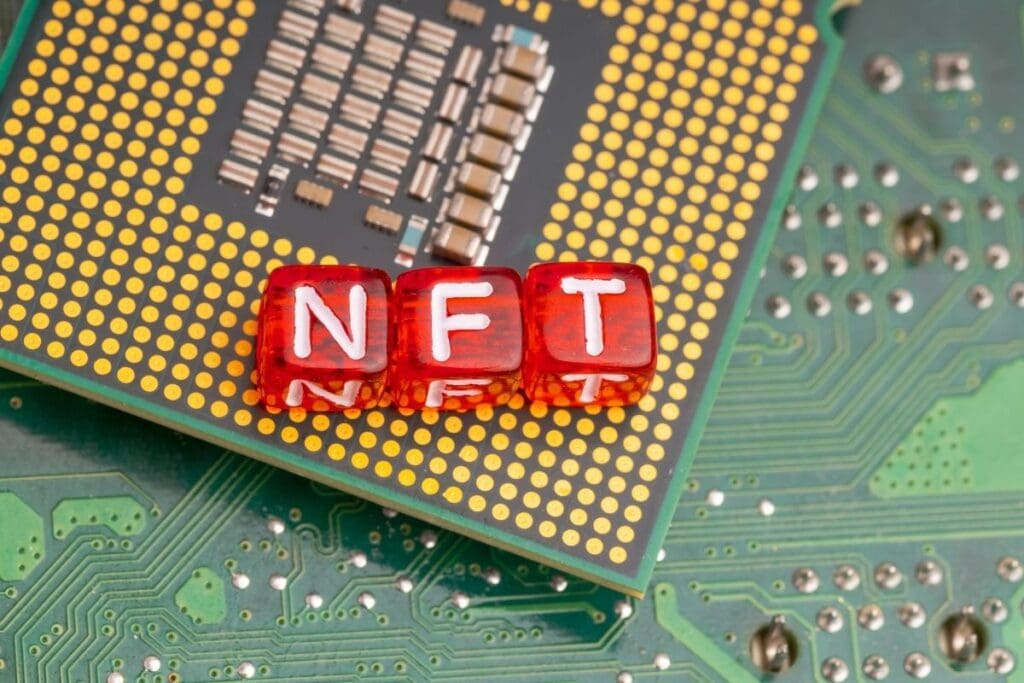
The future of EU in the NFT space looks promising as more creators and businesses recognize the benefits of exclusive use rights. As technology advances, we may see even more sophisticated applications of EU in NFTs, ranging from virtual real estate to exclusive digital experiences in the metaverse.
The term “EU” in NFTs represents “Exclusive Use,” a concept that is becoming increasingly important in the digital asset world. NFTs with EU rights offer owners a unique combination of control, security, and monetization potential, making them a valuable addition to any digital portfolio. As the NFT market matures, understanding and leveraging EU rights will be key to maximizing the value and utility of digital assets.
You may also like this content
- How to Play Axie Infinity?
- How to Play Alien Worlds?
- Metahero (HERO): Transforming the Metaverse with Realism
Follow us on TWITTER (X) and be instantly informed about the latest developments…

